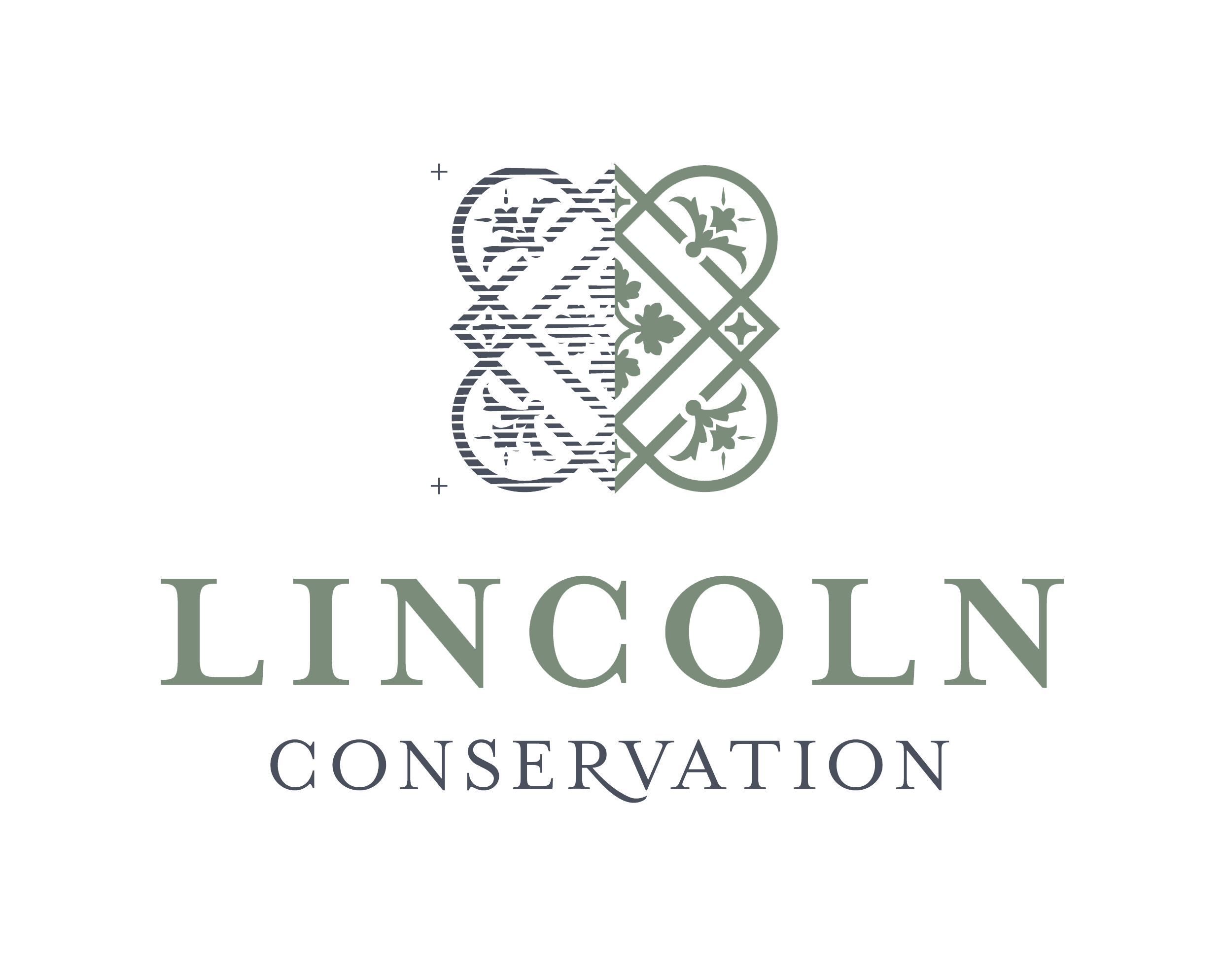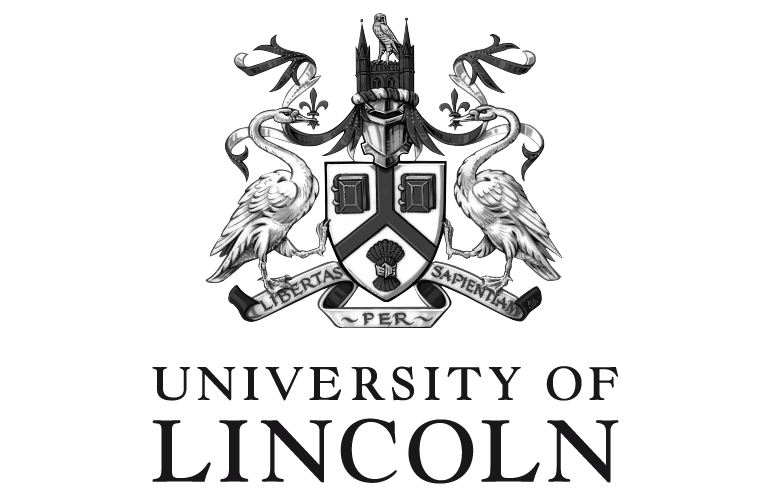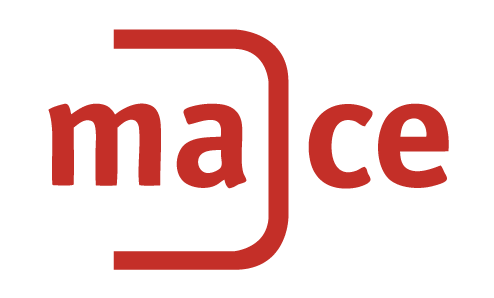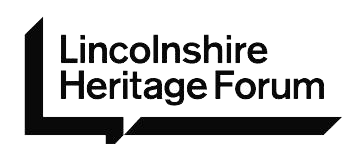Monday 3 June, 3pm
Education & Outreach
LPAC Studio X
Leah Warriner-Wood (University of Lincoln)
‘The Heritage PhD in a Digital Age’
Abstract
This paper will explore some advantages and challenges of conducting doctoral heritage research in an age of digital assets and virtual engagement. It will offer insights into the tangible and intangible cost-benefit relationships of some digital resources, platforms, and initiatives as they apply to the emerging academic, highlighting their values, and some obstacles to be addressed in the migration from a ‘traditional’ to a digital style of researching. Particular focus will be placed on the availability of digital resources for research, online networking and collaboration, and the phenomenon of the virtual conference. Material for discussion will be drawn from the author’s own experiences of her ongoing doctoral research within the University of Lincoln’s School of History and Heritage. Taking up the conference themes of participation and of inclusivity particularly, the paper will also move more specifically to explore relationships between increased use of digital technology for research practices, and issues of mental wellness. With £1.5 million having been awarded by the Office for Students (formerly HEFCE) in 2018 for projects which will seek to understand or support the mental health of postgraduate research (PGR) students, this topic is of particular interest in higher education at present. Heritage interaction has been shown to have a positive effect on mental wellbeing, and ‘e-health’ technologies are increasingly used by healthcare professionals to connect and engage marginalised patients with mental health support systems, yet other reports warn of the risks of too much screen time, and of limited human interaction. Having characterised some of the ways in which a PG researcher might interact with digital technologies, the paper will conclude by asking: do its benefits outweigh the costs?

Leah Warriner-Wood
Doctoral Researcher
University of Lincoln
Leah is a Conservator with a particular interest in the material culture of tapestries and other textiles within domestic interiors. Her doctoral research seeks to characterise the role of tapestry in the English country house during the period 1760 to 1814.
Mark Smith (Loughborough University)
‘Digital Moving Image for Critical Dialogue: Pedagogy, Politics, Culture and Social Justice’
Abstract
Introducing an online education resource — Artists’ Moving Image (AMI). This uses contemporary artists’ moving image, with media studies approaches to learning and teaching, to inspire critical discussion about current issues. AMI is published as an online open-access resource (located at artistsmovingimage.org) in order to support the introduction of artists’ moving image to education in schools, colleges and universities. The resource is based upon Mark Smith’s advocacy for reform based on the critical pedagogy of Paolo Freire and associated writers, such as Henry Giroux and bell hooks. The author conceives of oppression within the learning environment as integral to oppression in wider society. This thesis argues that the transformation of canon, pedagogy, and technology–related bias has a role in combatting this. Confronting the ineffectiveness of the Freirian ‘banking’ model of education to support political consciousness and critical dialogue – principles of critical pedagogy – is key to this resource. The presentation will consist of screening film excerpts from the AMI resource in order to elicit critical dialogue amongst audience participants. Mark suggests that attendees browse through the resource content (located at artistsmovingimage.org) as there will be opportunities to choose which of the eight excerpts are screened during the presentation. Film content includes excerpts from Jeremy Deller’s The Battle of Orgreave (2001); Sherman Ong’s Flooding in the Time of Drought (2009); Penny Woolcock’s Utopia (2015).

Mark Smith
Doctoral Student
Loughborough University
Since the 1980s, Mark has made films and videos that question our ontological mission: to humanise ourselves. His artworks have been shown internationally, with commissions from national governments and institutions. An artist teacher, Mark’s research questions hegemonic knowledge and advocates for transformative, creative and ecological pedagogies.
Jamie Wood (University of Lincoln) & Eve Stirling (Sheffield Hallam University)
‘Digital Gaming, Past and Place: Accuracy, Authenticity and Agency’
Abstract
This paper reports the results of a research project that investigated the role of video games in the development of university students’ perceptions of and knowledge about past and place. We administered an online survey to students in two disciplines (History and Design) at two UK higher education institutions. The survey adopted a user-centred approach that provided a multiview of students’ perceptions of their experiences of historical video gaming in order to assess their developing notions of past and place. Our analysis focuses on three areas of students’ perceptions of the relationship between historical video games, past and place: accuracy, authenticity and action. Our larger interdisciplinary project draws on design methodology and uses digital ethnography to explore game users’ perceptions of the past with a particular focus on how the active engagement in gameplay affects perceptions of and learning about historical time and place.
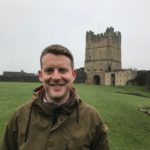
Dr Jamie Wood
Principal Lecturer, History
University of Lincoln
Jamie Wood teaches ancient and medieval history at the University of Lincoln. He has a particular interest in the use of new technologies for teaching and the impact of the digital on student learning, both within and outside university


